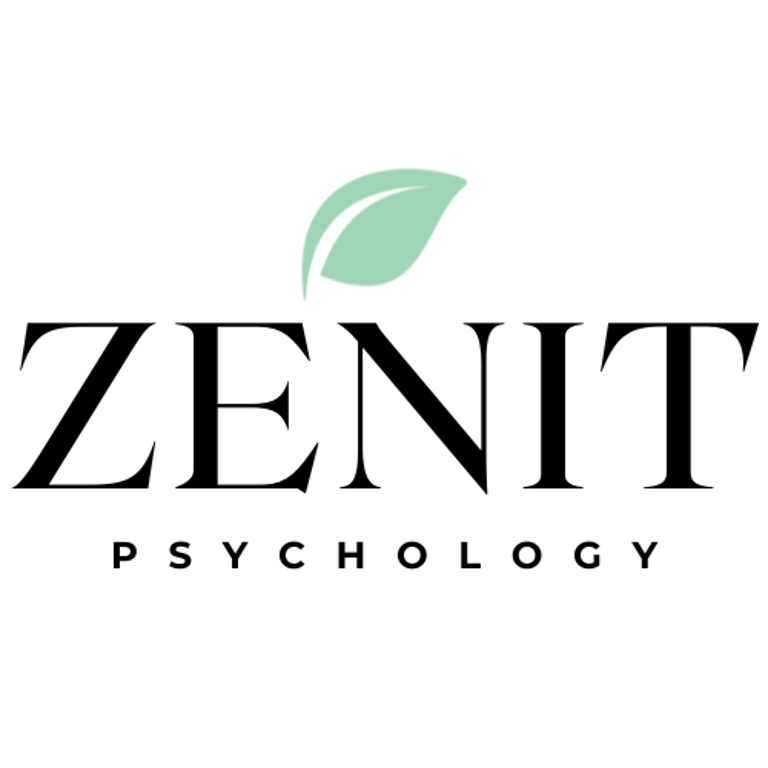The Power of Critical Thinking: A Lifelong Skill for Better Decisions
This article explores how critical thinking can transform the way we process information, challenge assumptions, and make better decisions in both personal and professional life. Through real-life examples, it outlines practical strategies for asking the right questions, evaluating sources, balancing logic with open-mindedness, and fostering innovation through thoughtful reflection. A guide to making choices with greater clarity, confidence, and impact.
ARTICULO
Lic. Arlenys Garcia
11/17/20243 min read


In today’s rapidly changing world, the ability to think critically has become more essential than ever. Critical thinking isn’t just for big business decisions or complex projects—it’s a mindset that transforms the way we process information, solve problems, and make choices in every area of life.
Over the years, I’ve come to see how critical thinking has shaped not only my professional path but also my personal growth. Here’s how this skill has made a difference for me, and how it can benefit anyone looking to make more informed and intentional decisions.
The Importance of Asking “Why?”
The first step in critical thinking is simple, but powerful: ask questions. Early in my career, I accepted information at face value, especially if it came from “reliable sources.” But I soon realized that understanding the reason behind decisions is essential.
Asking “why” isn’t about challenging authority—it’s about gaining clarity. Every time I asked, I either learned something new, uncovered an opportunity for improvement, or prevented a misunderstanding.
Example: In a cross-functional project, a process we followed seemed redundant. By asking why it was necessary, I discovered that the rationale was outdated. Once we revised it, the entire team saved time and resources.
Simple questions can spark transformative change.
Evaluating Sources: Beyond the Surface
We live in an information-saturated world. Critical thinking requires us to go beyond “trusting” familiar outlets and instead evaluate the quality, motives, and completeness of the information we consume.
I began asking myself:
Is there a hidden agenda?
Who benefits from this perspective?
What information might be missing?
By cross-referencing data and considering multiple angles, I became better equipped to make balanced, well-informed decisions rather than one-sided ones.
Challenging Assumptions for Growth
Assumptions are mental shortcuts, but they can limit us. One of the most valuable lessons I’ve learned is to actively recognize and challenge them.
Example: At one point, our team assumed employees valued monetary rewards above all else. We designed a system centered on bonuses and gift cards. But an employee satisfaction survey revealed that many preferred recognition, team-building, and flexible schedules. By shifting our approach, morale and retention improved significantly.
By questioning assumptions, we not only uncovered blind spots—we found more meaningful solutions.
Balancing Logic with Open-Mindedness
Critical thinking isn’t about cold logic alone. It requires open-mindedness—listening to perspectives that differ from our own, even when they challenge us.
Engaging in conversations with people from diverse backgrounds has been one of the most enriching parts of my journey. Each dialogue offers new insights, helping me approach problems from angles I might not have considered.
Open-mindedness doesn’t mean agreeing with everyone; it means being willing to learn, adapt, and grow.
Informed Decision-Making: A Daily Practice
Decisions—big and small—shape our lives every day. Critical thinking has taught me to approach them with more structure and confidence.
One technique I use often is listing pros and cons, but with depth: not just tallying numbers, but weighing the implications of each factor. This practice has helped me in both high-stakes business scenarios and personal crossroads.
By breaking down complex problems into manageable parts, I can prioritize what truly matters and anticipate outcomes more clearly.
A Lifelong Journey
Critical thinking is not something we master once and for all—it’s a lifelong practice. For me, it’s been about trial and error, constant learning, and the willingness to adapt.
It has become one of my most empowering tools, helping me navigate uncertainty, solve problems with clarity, and make decisions with integrity.
By embracing critical thinking, we can all live more intentional, impactful lives. In a world overflowing with information, it’s the skill that helps us not just survive, but thrive.
So next time you’re faced with a decision, pause and ask:
Am I thinking critically? Am I asking the right questions?
Those small reflections might just be the start of big, transformative changes.
—Lic. Arlenys García
Mental Health is a priority.
Close, practical and emotionally transforming psychology.
Need help or have questions?
Write or call us with confidence:
📞 +1 849 354 2905
✉️ info@zenitpsychology.com
© 2025 Zenit Psychology. All rights reserved.
Your data is protected. We do not share your information with third parties.
